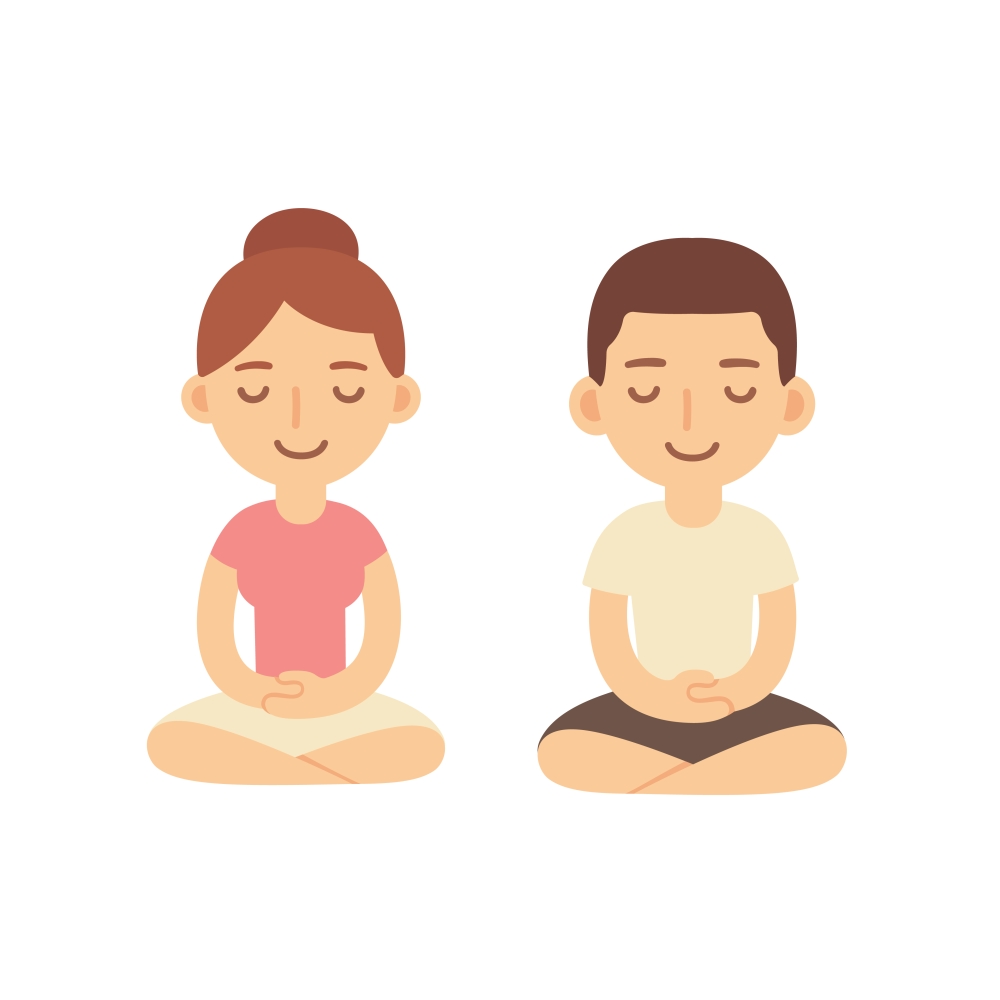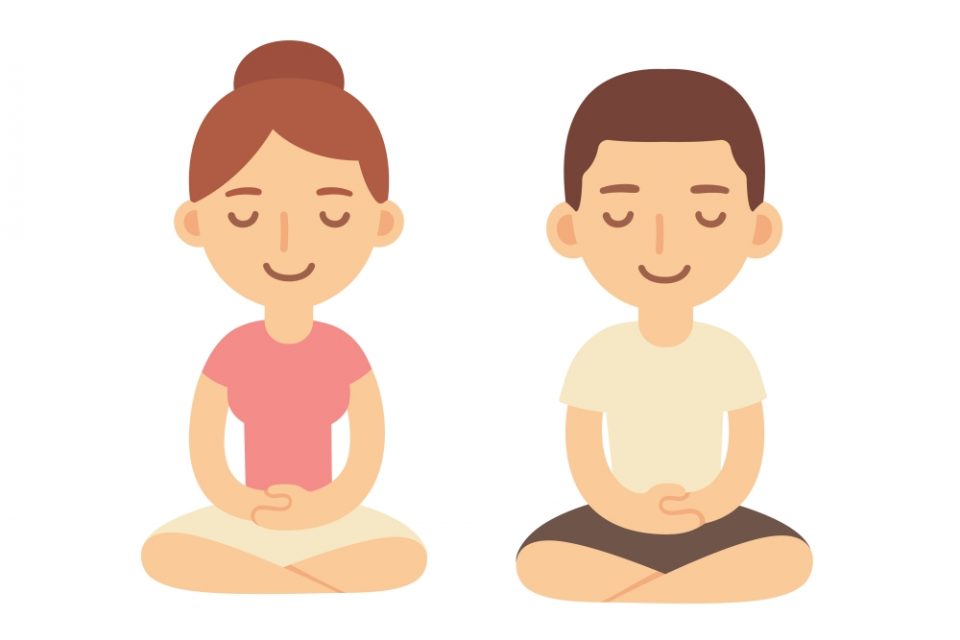
This is how my day used to start:
The alarm goes off, but I don’t feel rested or reenergised. I get up after hitting the snooze button two or three times and rush to the shower. Within 25 minutes of walking, I’m usually locking the front door and heading down the road to the station. Rarely is it longer, as I’d rather have the time in bed. Whilst on the train, I’ll check my BlackBerry for emails and to see if there are any fires that need putting out. If not, I’ll look at my calendar and see what meetings I have ahead of me and when I might get a chance to take a break that day. I get off the train at Blackfriars and head into the City via a coffee shop and pick up a pastry and a coffee, then hurry to my desk where I usually arrive bang on time. I then spend the day at my desk or in meetings, usually taking a short lunchbreak to buy something that I then eat at my desk. When I get home at the end of the day I’m tired, possibly agitated and lacking in energy. The next day, it starts again.
Does this sound familiar?
Many of the people we work with have similar experiences every work day. When I travel into the City now (I do my best to avoid rush hour), I look at the faces of the commuters and they hurry from place to place. Most people look harassed and fatigued. Whilst you can’t necessarily change your job overnight (although it is possible), you can change how you feel about it to an extent. We all form our own emotional soundtrack that we play when certain events are occurring, such as a workday or commute. It is possible to alter your reactions and feelings about these events and change your physiology at the same time.
Meditating your way to a better day
Unfortunately, I didn’t discover this when I was still working in the corporate world, but there is something you can do that takes just ten minutes a day and is very powerful for changing your stress response and overall physiology. That thing is meditation. There are many benefits to mediation, and I’ve recently been experimenting with it myself, and I’m really enjoying it. Some of the benefits I’ve noticed are:
- An increased sense of calm and fewer feelings of agitation / frustration
- Increased resilience and a more tempered response to stressful events
- Improved concentration
Other benefits that have been observed in scientific studies include:
- Improved immune system
- Improved fertility
- Improved creativity
- Reduction in pain
The last point about pain is an interesting one. There are several different types of brain waves that regulate the flow of information through the brain. Alpha waves help us maintain concentration levels by suppressing distracting sensory information. In a study published online in the journal Brain Research Bulletin, researchers found that participants who meditated over an eight-week period were better able to control their alpha brain waves, and therefore had improved concentration levels. Using this same technique, it was found they could isolate specific body parts through meditation, and could better control or subdue pain sensations. Click here for the full article.
How I practice meditation
I’ve been using a couple of apps on a trial basis to see which I prefer – Headspace and Calm. Both offer a free trial (ten days for Headspace and seven days for Calm) before asking you to sign up for a small annual fee to unlock all the functionality. I spend ten minutes each morning doing a 10 minute meditation, and I do feel it has made a positive difference to my day. It helps me start the day in a calm manner rather than rushed (although my morning routine is very different from how it used to be!), I practice deep breathing as I do it, and I open the blinds and window to get some natural light in and fresh air. It’s a great way to start the day. If I’m busy or feel a bit stressed out, I’ll grab my noise-cancelling headphones and find a 10 minute meditation to do. It really helps.
My challenge to you
Why not download the free app for Headspace or Calm, and do your own seven or ten-day trial? I have seen some amazing results when my tired, stress and burned out clients reclaim 10 minutes of their day for meditation. There are 1,440 minutes available in a full day, so even allowing for sleep, dedicating just ten minutes of what remains should not be a tall order, and it could significantly change your day. If you need further encouragement, click here for a 2-minute video of what happens to the brain during meditation. Let me know how you get on, and if you want to discuss this or anything I’ve mentioned in the post. We love taking questions, so let us know how we can help.
Interested in discovering your Health IQ? Click here to take our test.
Leanne Spencer is an entrepreneur, coach, TEDx Speaker, author of Remove the Guesswork, and founder of Bodyshot Performance Limited. Bodyshot is a health and fitness consultancy that helps busy professionals get more energy by removing the guesswork around their health, fitness and nutrition. Visit www.bodyshotperformance.com or email info@bodyshotperformance.com to register your interest in our services and connect with us on Facebook, Instagram and Twitter.


